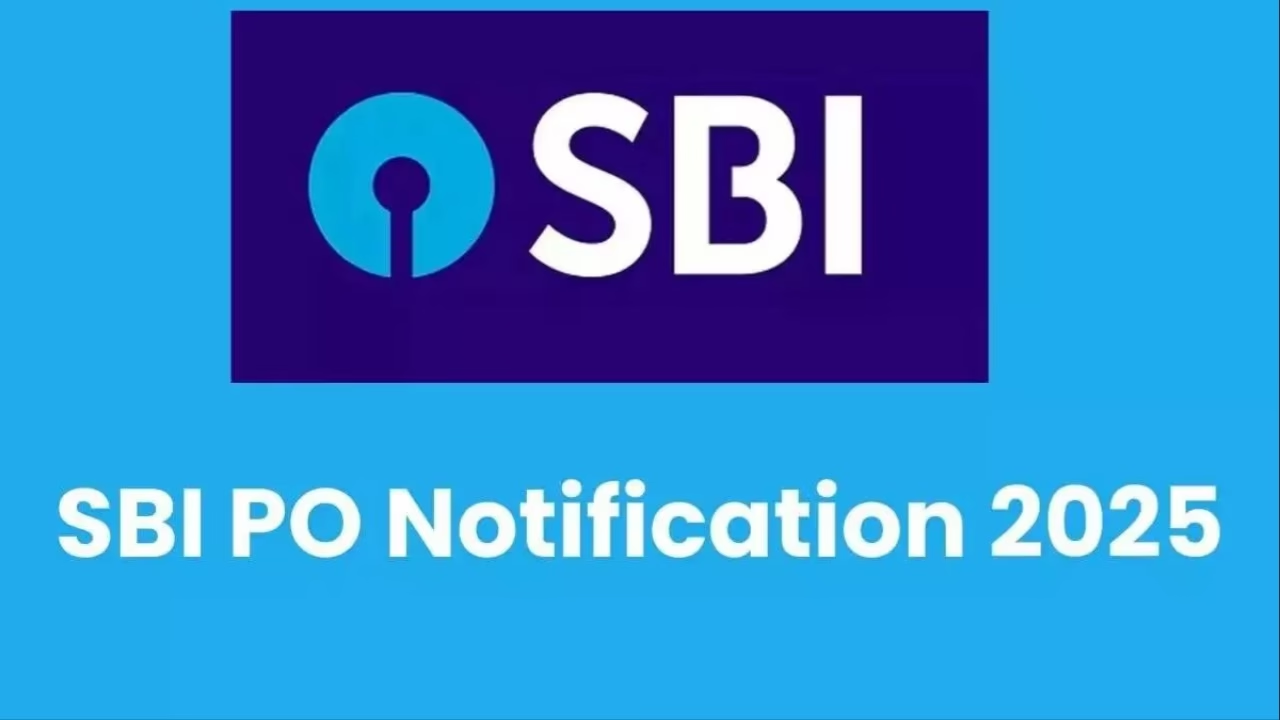Internships in the Digital Age: Opportunity or Exploitation?
In today’s fast-paced digital era, internships have become a crucial step toward employability. They allow students to gain industry exposure, practical skills, and workplace readiness. For many young graduates, internships act as a launchpad for their first job.
However, the rising cases of fake internships in India have put students at risk. Fraudulent companies exploit youth by demanding money for fake training, certifications, or projects. To counter this menace, the Ministry of Electronics and Information Technology (MeitY) has issued new guidelines to safeguard students from internship scams.
Strict Action Against Fake Internship Scams
The government has made it clear: students should never pay for internships. Any company that demands money will be declared fraudulent.
Under the Indian Penal Code (IPC):
-
Criminal cases will be registered.
-
MCA and GST registrations of fake companies will be cancelled.
-
Heavy fines and court proceedings will follow.
-
Company directors and officials will be legally bound to appear in court.
This bold move ensures that exploiting students in the name of internships will not be tolerated.
Responsibility of Colleges, Principals, and Teachers
MeitY has emphasized that educational institutions share equal responsibility in preventing fraud. Their duties include:
-
Stopping students from joining unverified companies.
-
Verifying the authenticity of every internship before recommending it.
-
Providing continuous guidance and awareness about genuine opportunities.
If students face financial, academic, or professional loss due to fake internships, the respective college will also be held accountable.
How to Identify a Genuine Internship
A legitimate internship in India usually has these features:
-
No money is charged from students.
-
Some companies offer stipends for financial support.
-
Students gain hands-on project experience.
-
Focus is on problem-solving and workplace skills.
Such internships help in skill development and increase future job opportunities.
Red Flags of Fake Internships
Students must be aware of the warning signs of fake internships. Common red flags include:
-
Companies demanding money for training or certificates.
-
Only providing paper-based experience letters with no real value.
-
Lack of genuine project exposure.
Victims of such scams lose both time and money, putting their career at risk.
How to Verify Company Authenticity Before Joining
The government has recommended several steps to check whether a company is genuine:
-
Verify MCA Registration on the official portal.
-
Confirm GST or MSME credentials.
-
Check if the company uses an official email domain (@company.com).
-
Use ScamAdviser or Whois Lookup to check website trust score.
-
Search for Google News coverage of the company.
-
Verify contact numbers via Truecaller/telecom databases.
-
Check for authentic activity on LinkedIn, Facebook, and X.
Following these steps can protect students from internship scams in India.
Conclusion: Stay Alert, Stay Safe
With these guidelines, the Government of India has taken a strong stand against fake internships. Accountability now lies not only with fraudulent companies but also with educational institutions.
For students, the key is to stay vigilant, verify opportunities, and avoid any internship that demands money upfront. Internships should be a platform for career growth, not exploitation.
By working together—government, colleges, and students—India can build a trustworthy and transparent internship ecosystem that benefits genuine learners and future professionals.






